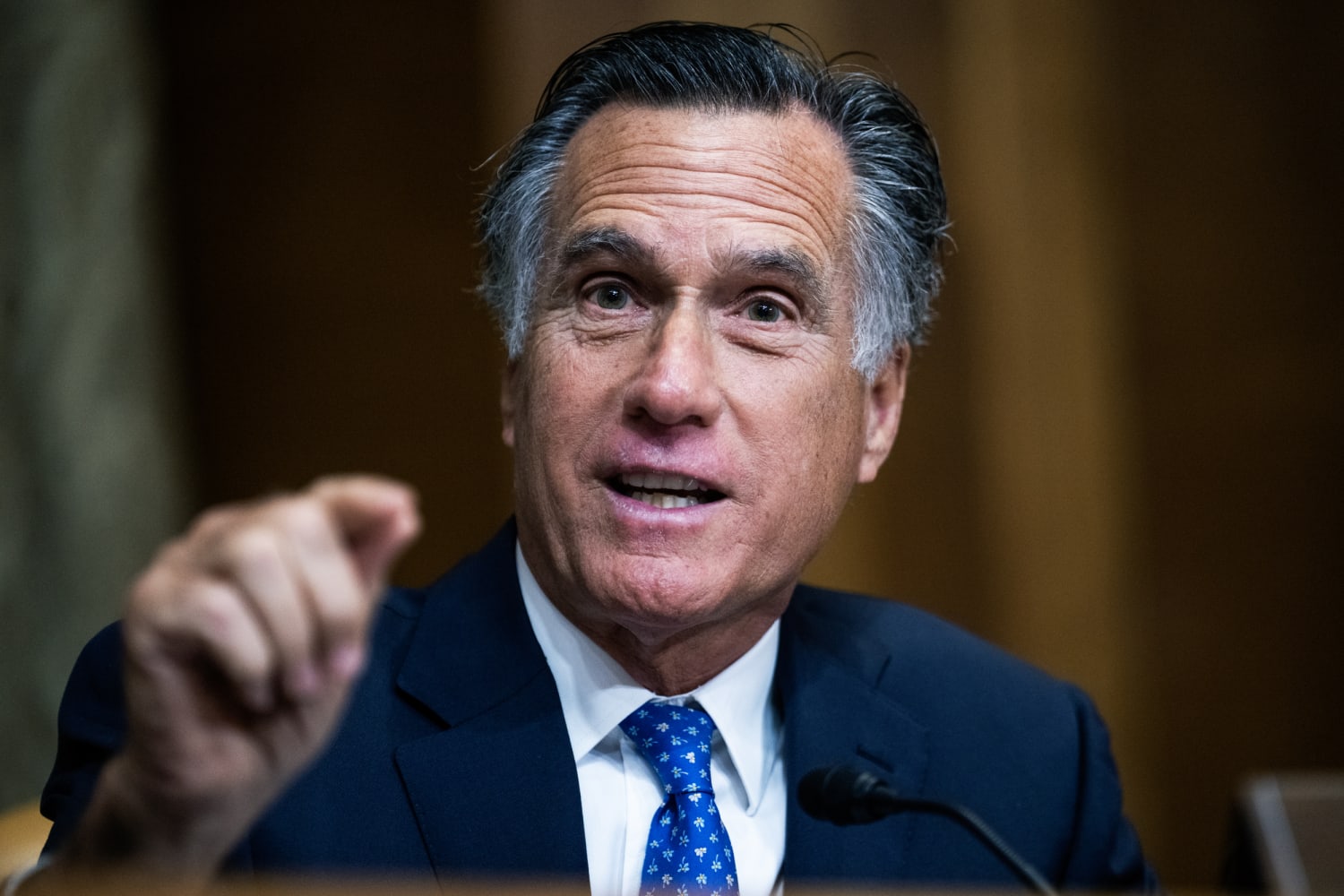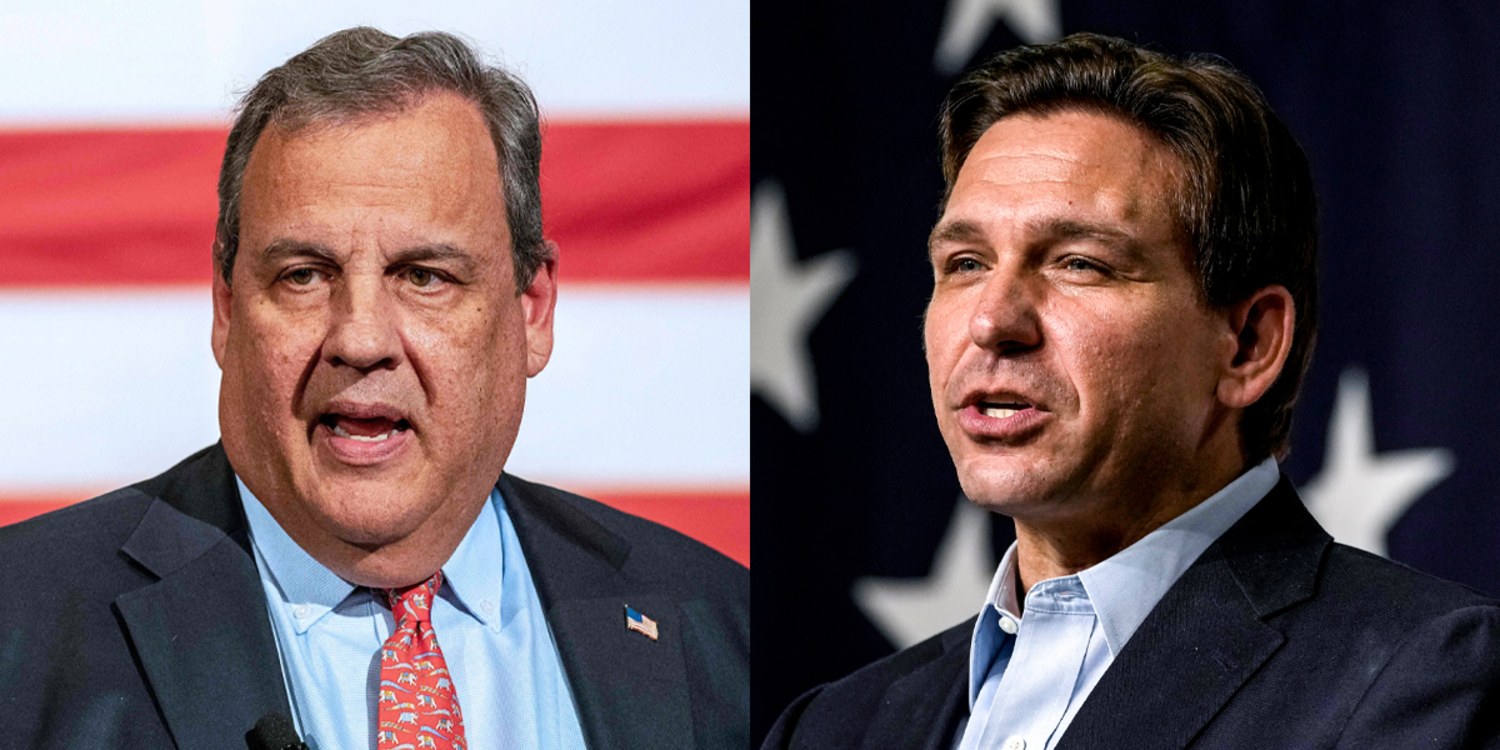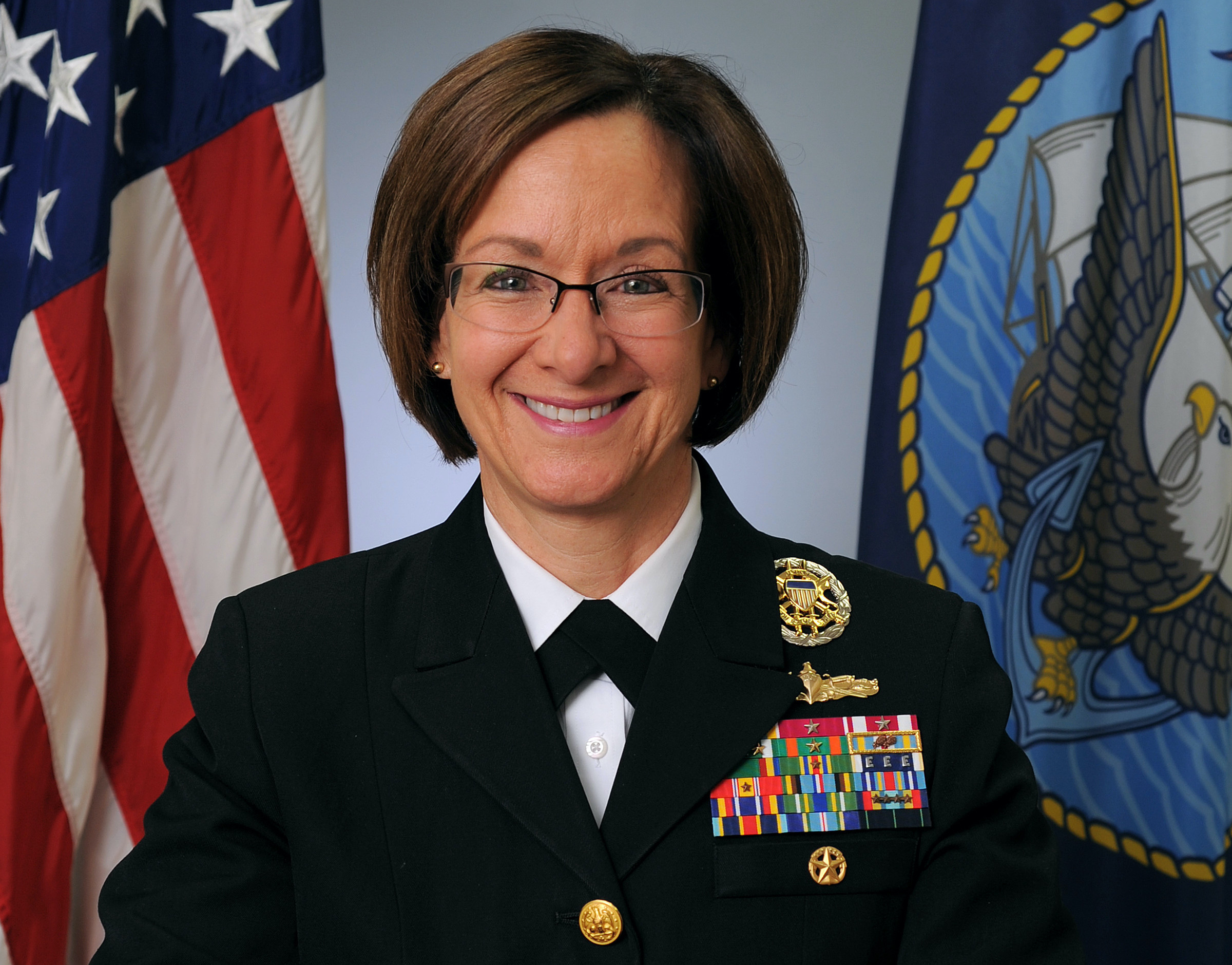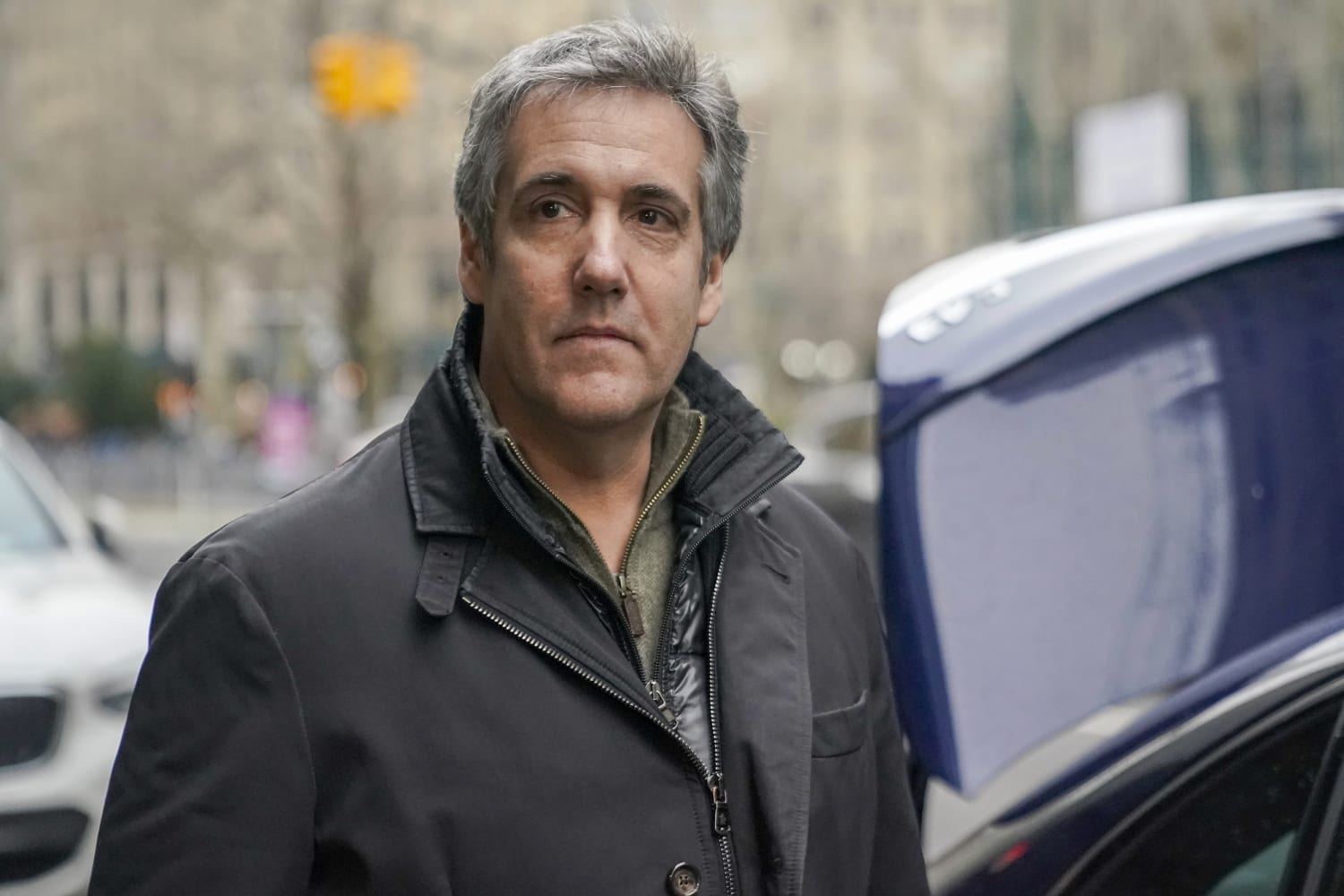
Dear Commons Community,
On Friday, my wife Elaine and I saw Oppenheimer, the biographical movie about “the father of the atomic bomb” directed by Christopher Nolan. Based on the book, American Prometheus (2005) by Kai Bird and Martin J. Sherwin, Oppenheimer is one of the best movies I have seen in a long time. The plots and subplots are riveting and keep one’s attention. The acting by Cillian Murphy (J. Robert Oppenheimer); Emily Blunt (Kitty Oppenheimer); Matt Damon (Leslie Groves) and Robert Downey Jr. (Lewis Strauss) among others, is superb. Even the brief character scenes of a pantheon of theoretical physicists depicting Albert Einstein, Niels Bohr, Isidore Rabi, Enrico Fermi, and Richard Feynman are for the most part historically correct allowing the viewer “to experience by proxy the kinetic excitement of intellectual discourse.” Culminating scenes of the first atom bomb test, Oppenheimer’s meeting with President Harry Truman, and the hearing into Oppenheimer’s connection to the Communist Party jump out at the audience. The bombings of Hiroshima and Nagasaki are not shown. The film concludes with Oppenheimer having his security clearance revoked. A great injustice as ever on the part of the conspiracy zealots in the U.S. government.
In sum, I concur with the New York Times review (below) that Oppenheimer is “a brilliant achievement in formal and conceptual terms.”
See it!
Tony
———————————————————————————–
The New York Times
‘Oppenheimer’ Review: A Man for Our Time
Christopher Nolan’s complex, vivid portrait of J. Robert Oppenheimer, the “father of the atomic bomb,” is a brilliant achievement in formal and conceptual terms.
In Christopher Nolan’s new film, “Oppenheimer,” Cillian Murphy stars as J. Robert Oppenheimer, the American physicist who oversaw the Manhattan Project in Los Alamos, N.M.Credit…Universal Pictures
By Manohla Dargis
Published July 19, 2023
Updated July 21, 2023
Oppenheimer https://www.nytimes.com/2023/07/19/movies/oppenheimer-review-christopher-nolan.html
“Oppenheimer,” Christopher Nolan’s staggering film about J. Robert Oppenheimer, the man known as “the father of the atomic bomb,” condenses a titanic shift in consciousness into three haunted hours. A drama about genius, hubris and error, both individual and collective, it brilliantly charts the turbulent life of the American theoretical physicist who helped research and develop the two atomic bombs that were dropped on Hiroshima and Nagasaki during World War II — cataclysms that helped usher in our human-dominated age.
The movie is based on “American Prometheus: The Triumph and Tragedy of J. Robert Oppenheimer,” the authoritative 2005 biography by Kai Bird and Martin J. Sherwin. Written and directed by Nolan, the film borrows liberally from the book as it surveys Oppenheimer’s life, including his role in the Manhattan Engineer District, better known as the Manhattan Project. He served as director of a clandestine weapons lab built in a near-desolate stretch of Los Alamos, in New Mexico, where he and many other of the era’s most dazzling scientific minds puzzled through how to harness nuclear reactions for the weapons that killed tens of thousands instantly, ending the war in the Pacific.
The atomic bomb and what it wrought define Oppenheimer’s legacy and also shape this film. Nolan goes deep and long on the building of the bomb, a fascinating and appalling process, but he doesn’t restage the attacks; there are no documentary images of the dead or panoramas of cities in ashes, decisions that read as his ethical absolutes. The horror of the bombings, the magnitude of the suffering they caused and the arms race that followed suffuse the film. “Oppenheimer” is a great achievement in formal and conceptual terms, and fully absorbing, but Nolan’s filmmaking is, crucially, in service to the history that it relates.
The story tracks Oppenheimer — played with feverish intensity by Cillian Murphy — across decades, starting in the 1920s with him as a young adult and continuing until his hair grays. The film touches on personal and professional milestones, including his work on the bomb, the controversies that dogged him, the anti-Communist attacks that nearly ruined him, as well as the friendships and romances that helped sustain yet also troubled him. He has an affair with a political firebrand named Jean Tatlock (a vibrant Florence Pugh), and later weds a seductive boozer, Kitty Harrison (Emily Blunt, in a slow-building turn), who accompanies him to Los Alamos, where she gives birth to their second child.
It’s a dense, event-filled story that Nolan — who’s long embraced the plasticity of the film medium — has given a complex structure, which he parcels into revealing sections. Most are in lush color; others in high-contrast black and white. These sections are arranged in strands that wind together for a shape that brings to mind the double helix of DNA. To signal his conceit, he stamps the film with the words “fission” (a splitting into parts) and “fusion” (a merging of elements); Nolan being Nolan, he further complicates the film by recurrently kinking up the overarching chronology — it is a lot.
It also isn’t a story that builds gradually; rather, Nolan abruptly tosses you into the whirl of Oppenheimer’s life with vivid scenes of him during different periods. In rapid succession the watchful older Oppie (as his intimates call him) and his younger counterpart flicker onscreen before the story briefly lands in the 1920s, where he’s an anguished student tormented by fiery, apocalyptic visions. He suffers; he also reads T.S. Eliot’s “The Waste Land,” drops a needle on Stravinsky’s “The Rite of Spring” and stands before a Picasso painting, defining works of an age in which physics folded space and time into space-time.
This fast pace and narrative fragmentation continue as Nolan fills in this Cubistic portrait, crosses and recrosses continents and ushers in armies of characters, including Niels Bohr (Kenneth Branagh), a physicist who played a role in the Manhattan Project. Nolan has loaded the movie with familiar faces — Matt Damon, Robert Downey Jr., Gary Oldman — some distracting. It took me a while to accept the director Benny Safdie as Edward Teller, the theoretical physicist known as the “father of the hydrogen bomb,” and I still don’t know why Rami Malek shows up in a minor part other than he’s yet another known commodity.
As Oppenheimer comes into focus so does the world. In 1920s Germany, he learns quantum physics; the next decade he’s at Berkeley teaching, bouncing off other young geniuses and building a center for the study of quantum physics. Nolan makes the era’s intellectual excitement palpable — Einstein published his theory of general relativity in 1915 — and, as you would expect, there’s a great deal of scientific debate and chalkboards filled with mystifying calculations, most of which Nolan translates fairly comprehensibly. One of the film’s pleasures is experiencing by proxy the kinetic excitement of intellectual discourse.
It’s at Berkeley that the trajectory of Oppenheimer’s life dramatically shifts, after news breaks that Germany has invaded Poland. By that point, he has become friends with Ernest Lawrence (Josh Hartnett), a physicist who invented a particle accelerator, the cyclotron, and who plays an instrumental role in the Manhattan Project. It’s also at Berkeley that Oppenheimer meets the project’s military head, Leslie Groves (a predictably good Damon), who makes him Los Alamos’s director, despite the leftist causes he supported — among them, the fight against fascism during the Spanish Civil War — and some of his associations, including with Communist Party members like his brother, Frank (Dylan Arnold).
Nolan is one of the few contemporary filmmakers operating at this ambitious scale, both thematically and technically. Working with his superb cinematographer Hoyte van Hoytema, Nolan has shot in 65-millimeter film (which is projected in 70-millimeter), a format that he’s used before to create a sense of cinematic monumentality. The results can be immersive, though at times clobbering, particularly when the wow of his spectacle has proved more substantial and coherent than his storytelling. In “Oppenheimer,” though, as in “Dunkirk” (2017), he uses the format to convey the magnitude of a world-defining event; here, it also closes the distance between you and Oppenheimer, whose face becomes both vista and mirror.
The film’s virtuosity is evident in every frame, but this is virtuosity without self-aggrandizement. Big subjects can turn even well-intended filmmakers into show-offs, to the point that they upstage the history they seek to do justice to. Nolan avoids that trap by insistently putting Oppenheimer into a larger context, notably with the black-and-white portions. One section turns on a politically motivated security clearance hearing in 1954, a witch hunt that damaged his reputation; the second follows the 1959 confirmation for Lewis Strauss (a mesmerizing, near-unrecognizable Downey), a former chairman of the United States Atomic Energy Commission who was nominated for a cabinet position.
Nolan integrates these black-and-white sections with the color ones, using scenes from the hearing and the confirmation — Strauss’s role in the hearing and his relationship with Oppenheimer directly affected the confirmation’s outcome — to create a dialectical synthesis. One of the most effective examples of this approach illuminates how Oppenheimer and other Jewish project scientists, some of whom were refugees from Nazi Germany, saw their work in stark, existential terms. Yet Oppenheimer’s genius, his credentials, international reputation and wartime service to the United States government cannot save him from political gamesmanship, the vanity of petty men and the naked antisemitism of the Red scare.
These black-and-white sequences define the last third of “Oppenheimer.” They can seem overlong, and at times in this part of the film it feels as if Nolan is becoming too swept up in the trials that America’s most famous physicist experienced. Instead, it is here that the film’s complexities and all its many fragments finally converge as Nolan puts the finishing touches on his portrait of a man who contributed to an age of transformational scientific discovery, who personified the intersection of science and politics, including in his role as a Communist boogeyman, who was transformed by his role in the creation of weapons of mass destruction and soon after raised the alarm about the dangers of nuclear war.
François Truffaut once wrote that “war films, even pacifist, even the best, willingly or not, glorify war and render it in some way attractive.” This, I think, gets at why Nolan refuses to show the bombing of Hiroshima and Nagasaki, world-defining events that eventually killed an estimated 100,000 to upward of 200,000 souls. You do, though, see Oppenheimer watch the first test bomb and, critically, you also hear the famous words that he said crossed his mind as the mushroom cloud rose: “Now I am become death, the destroyer of worlds.” As Nolan reminds you, the world quickly moved on from the horrors of the war to embrace the bomb. Now we, too, have become death, the destroyers of worlds.






 Jack Schlossberg and Robert F. Kennedy Jr.
Jack Schlossberg and Robert F. Kennedy Jr.




